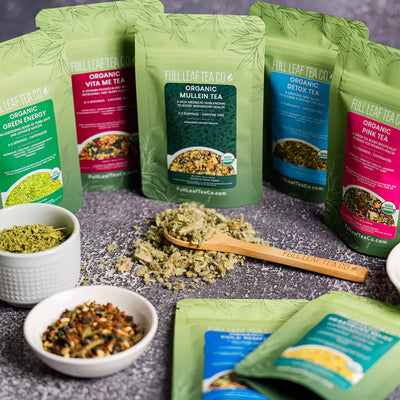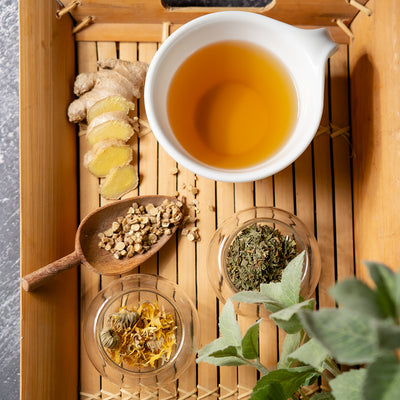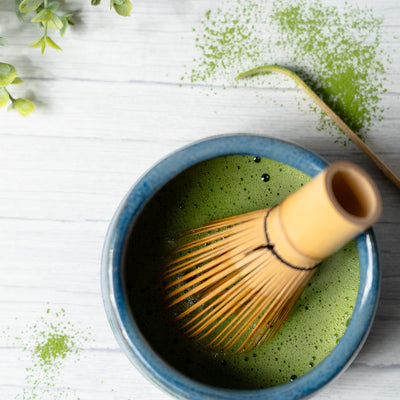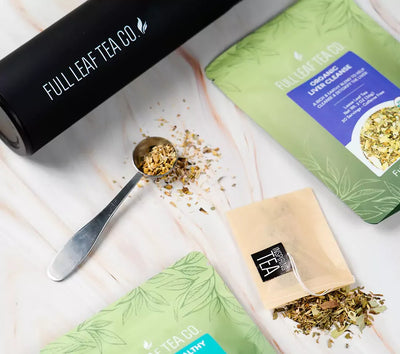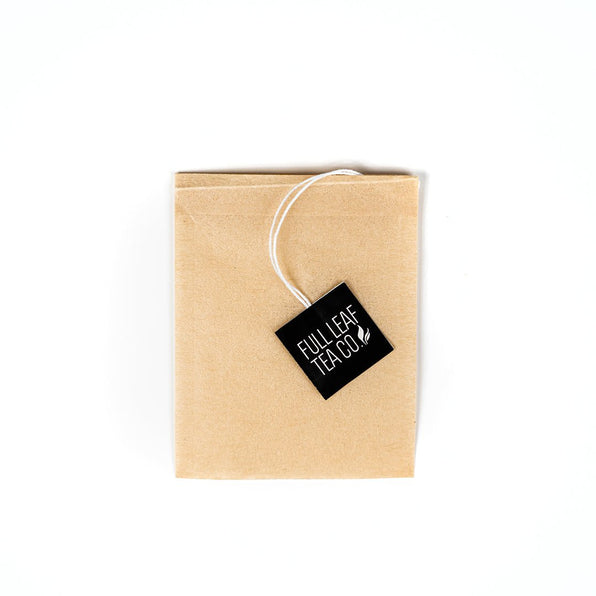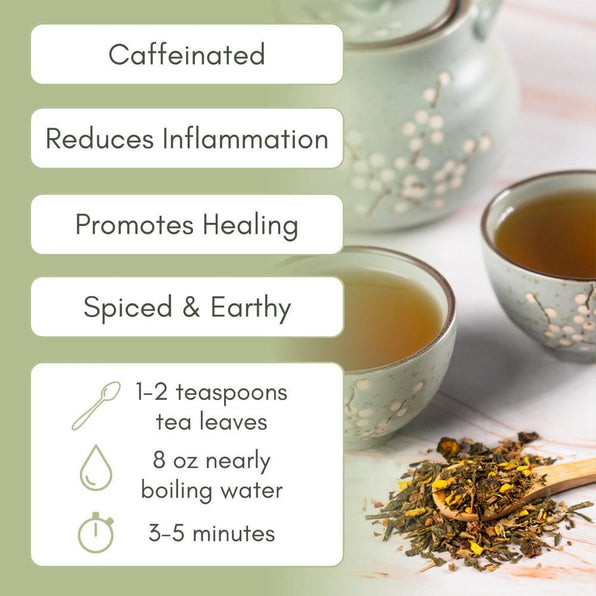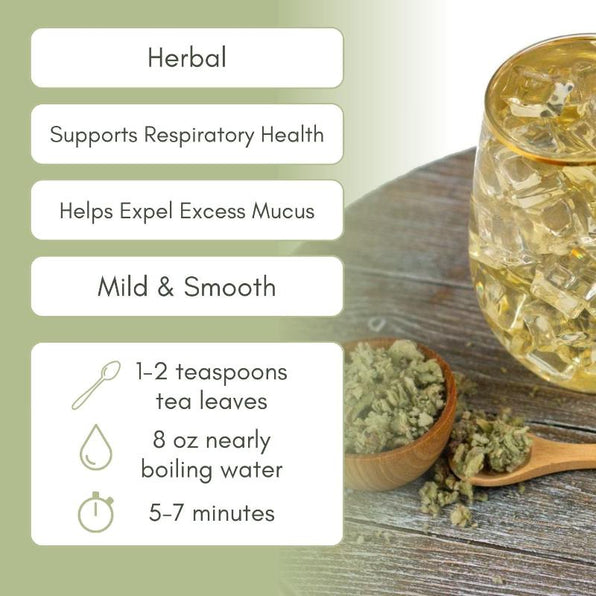A simple guide to nature’s most soothing and beneficial sips
When you think of tea, you likely imagine a comforting cup of green, black, or oolong tea. But there’s another vibrant world of wellness infusions that don't actually come from the tea plant: tisanes . Whether you're seeking a caffeine-free alternative or exploring herbal wellness, tisanes offer a flavorful and therapeutic experience all their own.
In this blog, we'll dive into what tisanes are, how they differ from traditional teas, popular types of tisanes, their benefits, and how to enjoy them to the fullest.
What Are Tisanes?
Tisanes (pronounced "tee-zahns") are beverages made by steeping herbs, flowers, spices, seeds, roots, or fruits in hot water. Unlike true teas, which are derived from the Camellia sinensis plant, tisanes encompass a wide variety of botanical ingredients.
Tisanes have been cherished for centuries across cultures for their calming, invigorating, or healing properties. They can be served hot or iced and come in an endless variety of flavors depending on the ingredients used.

In short:
If it’s an infusion of plant material
that isn’t the tea leaf,
it’s a tisane!
Tisanes vs. Herbal Teas: What's the Difference?
The terms tisane and herbal tea are often used interchangeably, but there’s a slight technical distinction:
Tisane is the more accurate term for any plant infusion that does not contain Camellia sinensis (the tea plant).
Herbal tea is a popular and more familiar term—especially in Western countries—but technically, "tea" refers to drinks made from tea leaves.
In the world of specialty teas and herbalism, calling these beverages "tisanes" shows a greater awareness of tea terminology. However, for most casual tea drinkers, "herbal tea" remains the go-to phrase.
Key takeaway:
All tisanes are herbal teas,
but not all herbal teas are technically "tea"!
Popular Types of Tisanes
With so many botanical possibilities, tisanes come in countless varieties. Here are some popular examples you might recognize:
Chamomile: Made from the dried flowers of the chamomile plant, this soothing tisane is famous for promoting relaxation and sleep.
Peppermint: A refreshing herbal infusion that can help ease digestion and relieve headaches.
Rooibos: A naturally caffeine-free red bush from South Africa, rooibos offers a slightly sweet, nutty flavor packed with antioxidants.
Hibiscus: Known for its deep ruby color and tart, cranberry-like taste, hibiscus tisane supports heart health and hydration.
Lemon Balm: A gentle, lemon-scented herb traditionally used to calm the mind and lift the spirits.

Other tisanes might feature ingredients like ginger root, lavender, rose petals, nettle, dandelion root, elderberry, or lemongrass—each offering unique flavors and benefits.
Health Benefits of Tisanes
Tisanes aren't just flavorful—they’re also packed with wellness-supporting properties depending on the ingredients. Some potential benefits include:
Relaxation and stress relief (e.g., chamomile, lavender, lemon balm)
Digestive support (e.g., peppermint, ginger, fennel)
Immune system support (e.g., elderberry, echinacea, hibiscus)
Anti-inflammatory properties (e.g., turmeric, rooibos, ginger)
Heart health support (e.g., hibiscus, hawthorn)

Because tisanes are naturally caffeine-free (unless blended with stimulating herbs like yerba mate or guarana), they are a great choice for evening sipping or for anyone sensitive to caffeine.
Always keep in mind: while tisanes are powerful, they're not a substitute for professional medical care. They can, however, be a beautiful addition to a healthy lifestyle!
How to Brew the Perfect Tisane
Brewing a tisane is wonderfully simple, but a few tips can help you extract the most flavor and benefits:
Water temperature: Use freshly boiled water unless the herbs are delicate (like mint or flowers), in which case slightly cooled water (~190°F) works better.
Steeping time: Most tisanes benefit from a longer steep—typically 5–10 minutes or more—depending on how strong you want the flavor.
Amount: Use about 1–2 teaspoons of dried herbs per 8 oz cup, or follow package directions if using a pre-blended tisane.
Experiment with combinations and steeping times to find your perfect cup!

Discover the World of Tisanes
Whether you’re seeking a gentle way to unwind, a flavorful alternative to traditional teas, or a natural wellness boost, tisanes offer something for everyone. From calming chamomile to vibrant hibiscus, every cup is a journey into the healing power of plants.
Next time you’re craving a soothing sip, reach beyond the tea leaves—and let a beautiful tisane warm your heart and nourish your spirit.

